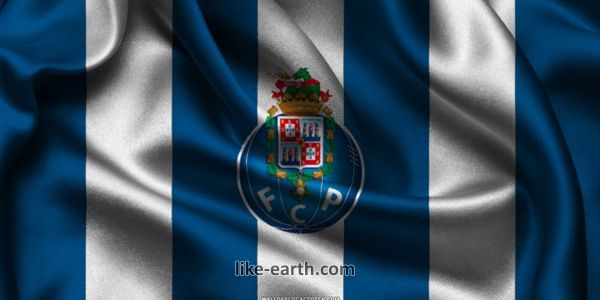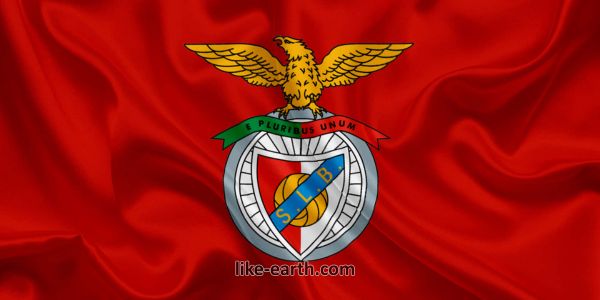Burnley Football Club in English Football

Historic Roots and Early Achievements
Founded in 1882, Burnley is one of the oldest football clubs in England. They were one of the original members of the Football League in 1888. Turf Moor, their iconic stadium, has been their home since 1883. This historic venue has witnessed countless memorable moments.
Burnley won their first First Division title in 1920–21. They played an aggressive yet structured game. The club’s winning mentality made them a dominant force. Their early success cemented Burnley’s name in English football history.
Golden Era in the 1950s and 60s
Burnley’s most celebrated era came in the late 1950s. Under Harry Potts, Burnley won the First Division in 1959–60. The team was known for attacking play and tactical innovation. Players like Jimmy McIlroy became club legends. Burnley even reached the European Cup quarter-finals in 1961.
Struggles and Resilience in Lower Leagues
After the golden age, Burnley experienced decades of struggle. Relegations and financial problems plagued the club. In 1987, they almost dropped out of the Football League entirely. The “Orient Game,” where a win saved them from relegation, became legendary. That match remains a symbol of the club’s never-give-up spirit.
Return to Prominence
The 21st century marked a revival. In 2009, Burnley achieved Premier League promotion under Owen Coyle. Though they were relegated after one season, the taste of top-flight football reignited ambition. Sean Dyche’s appointment in 2012 was a turning point. Under Dyche, Burnley became defensively solid and tactically consistent.
Sean Dyche’s Era of Stability
Dyche led Burnley to Premier League promotion twice, in 2014 and 2016. The 2016–17 season saw Burnley secure survival. The following season, they finished 7th and qualified for the UEFA Europa League. Turf Moor became a fortress. Burnley gained a reputation for grit and organization.
Dyche built a strong, disciplined team on a modest budget. Players like Ben Mee, James Tarkowski, and Ashley Barnes played key roles. The club’s ability to punch above its weight was admired by fans and pundits.
New Era Under Vincent Kompany
In 2022, Vincent Kompany took charge. His appointment brought a new identity to Burnley. Kompany introduced a possession-based, progressive style. The club dominated the Championship in the 2022–23 season, winning the title with style. Kompany’s tactics impressed, and fans believed in a new era of success.
Premier League 2023–24 Campaign
Returning to the Premier League under Kompany posed challenges. The young squad struggled with consistency. However, Burnley’s approach evolved. They focused on ball retention, pressing, and fluid play. Kompany emphasized long-term development, aiming to establish Burnley as a modern football side.
The campaign tested the squad’s depth. Injuries and inexperience affected results. Yet the club stuck with its philosophy. Despite relegation battles, fans remained hopeful. Burnley’s management backed Kompany’s vision, knowing progress requires time and patience.
The Role of Turf Moor
Turf Moor is one of the most historic stadiums in England. It has hosted football for over 140 years. The atmosphere is electric, especially during big matches. Turf Moor represents Burnley’s identity—traditional, proud, and passionate.
Unlike modern, commercial venues, Turf Moor holds a nostalgic charm. Fans feel connected to their team through the stadium’s heritage. It’s more than a ground—it’s a symbol of Burnley’s legacy.
Youth Development and Talent
Burnley invests in youth and infrastructure. Their academy aims to produce future stars. Promoting young players aligns with the club’s vision of sustainability. Talents like Dwight McNeil emerged from the youth setup and made a big impact in the first team.
Supporters and Community Spirit
Burnley fans are loyal, vocal, and proud. The club enjoys strong local support. The community plays a vital role in Burnley’s identity. The Clarets Trust, supporter groups, and charity events show how deeply the club is rooted in its town.
The club actively supports local initiatives. It promotes inclusion, education, and well-being. Burnley FC in the Community leads outreach programs that impact thousands of lives every year.
Burnley’s Financial Model
Burnley operates within financial limits. The club avoids excessive spending. Instead, it emphasizes scouting, youth, and stability. Their strategy is based on long-term planning. This has helped the club avoid major financial crises.
Their sustainable model earns respect. Clubs across Europe admire Burnley’s discipline. It proves success isn’t only about money—it’s also about strategy, culture, and leadership.
Burnley’s Future Ambitions
Burnley dreams of becoming a consistent Premier League team. Under Kompany, they aim for tactical evolution, exciting football, and youth integration. While short-term results may vary, the vision is strong. The goal is to grow, compete, and eventually return to European competition.
In time, Burnley could become a model for clubs worldwide. Their mix of tradition and innovation sets them apart.
Conclusion: A Club Built on Character
Burnley Football Club in English football is a story of resilience, community, and courage. From near extinction to Premier League nights, Burnley has fought every battle. The fans, players, and city believe in the club’s values. With smart leadership and unshakable support, Burnley’s journey continues—stronger than ever.
For more football insights and stories, visit Like Earth.
Get the latest Burnley updates on our official WhatsApp channel.



